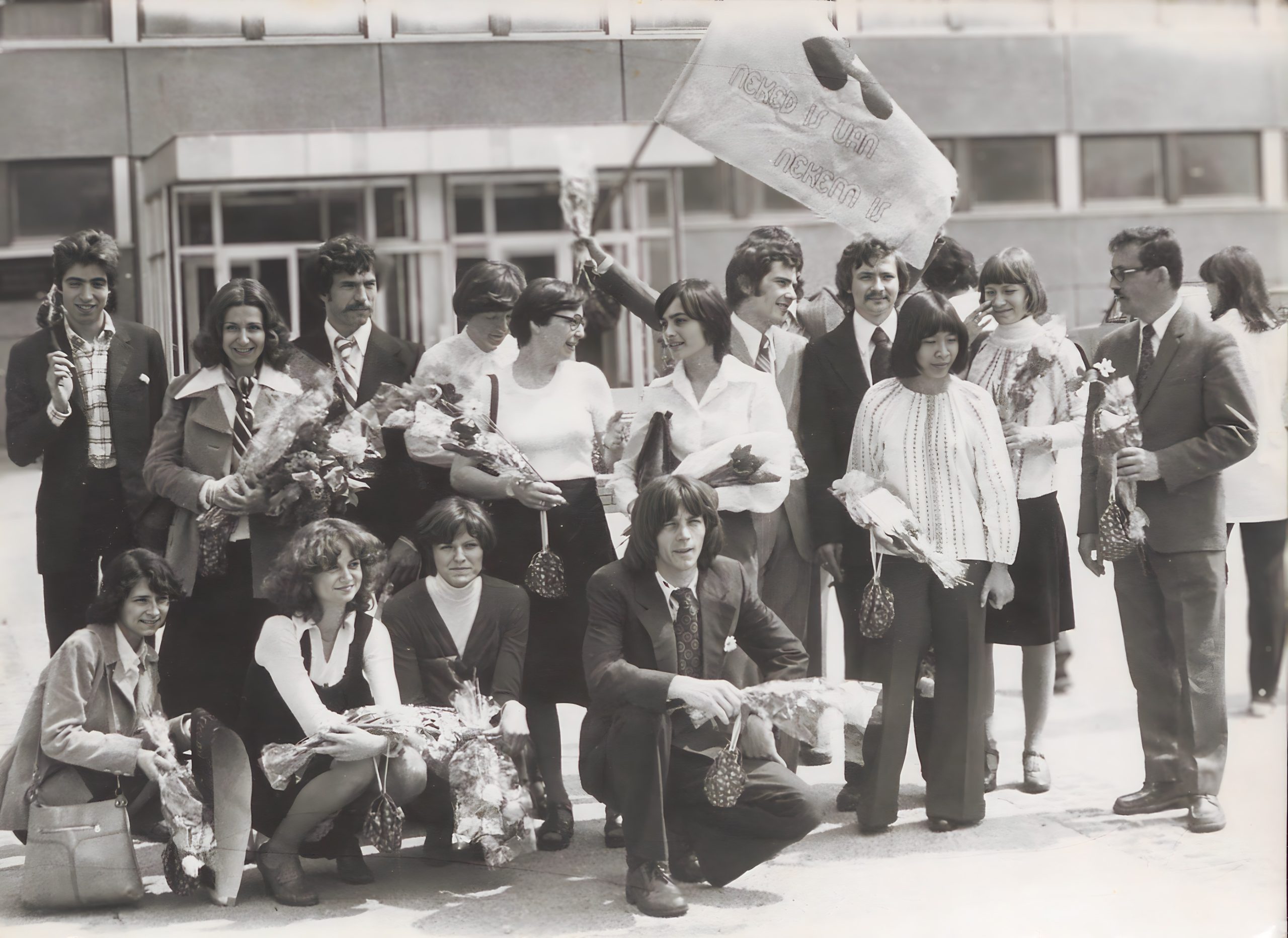Katalin Karikó: I mean, I work with short RNA in the ’70s because I couldn’t make messenger RNA. I did the isolated only, but I could not synthesize for desire. And because we did work with the shorter RNA, which had this anti-viral activity, my thesis was to deliver inside a cell. And then, it was problematic how we could put a negative, because the RNA is negatively charged, and to put in a cell which surface is also negatively charged. So it won’t go in. So then I tested out all kinds of procedures that calcium phosphate co-precipitation was the name of one. One other was I had to give an osmotic shock to the cell and then it will actually suck it up, this RNA. But it was the short RNA and it did work. But, it couldn’t use in a human body. It was just cultured cells. You could do it because they survive and they reused protein.

But what was interesting is that prior to my Ph.D. thesis work, as an undergraduate I worked in the lipid team. And we analyzed lipids in fish and with different chow, different material. But we had also a team in biochemistry who they wanted to have a phosphor lipid to generate liposome because they want to deliver different things into the cell. And Éva Kondorosi and Ernö Duda, who was the team leaders. And so I was interested in what they are doing. They were like published already in 1980. They put a nuclei, the whole nuclei in this liposome and delivered in another cell. So now, the other cell had two nuclei. So here they wanted to deliver DNA and a plasma DNA which code for a certain protein. So I participated in the project, isolated the phosphor lipids and we formed liposomes. We already followed studies published in ’78, published in Nature, so we are in the early ’80s. And we did plasmid. We put a lipid layer around. They call it liposomes. And we put on the mammalian cells and they picked it up, the DNA. Went to the nucleotide and the RNA were made, and the protein was produced, and we could detect the protein. So this was in my mind always when I could see some new progress was made for delivery materials. So, it is also very important that to start even as an undergraduate student just get exposed to some science and then you are thinking, hmm, how it is.
